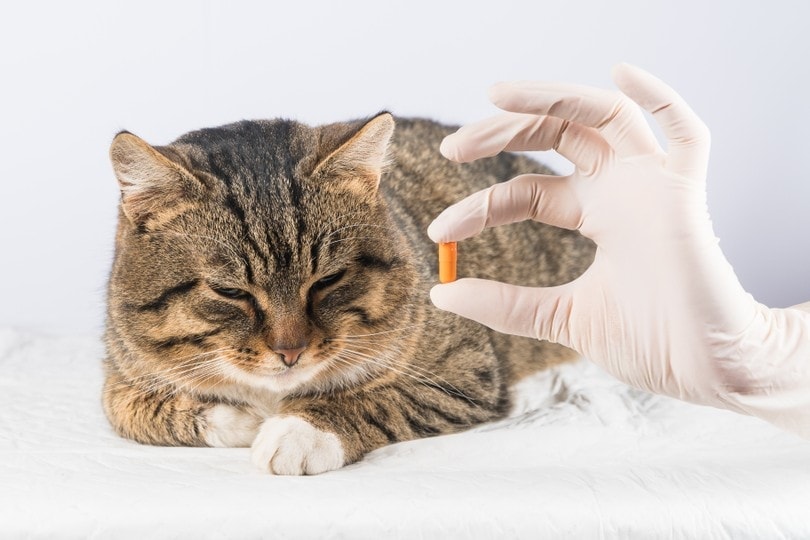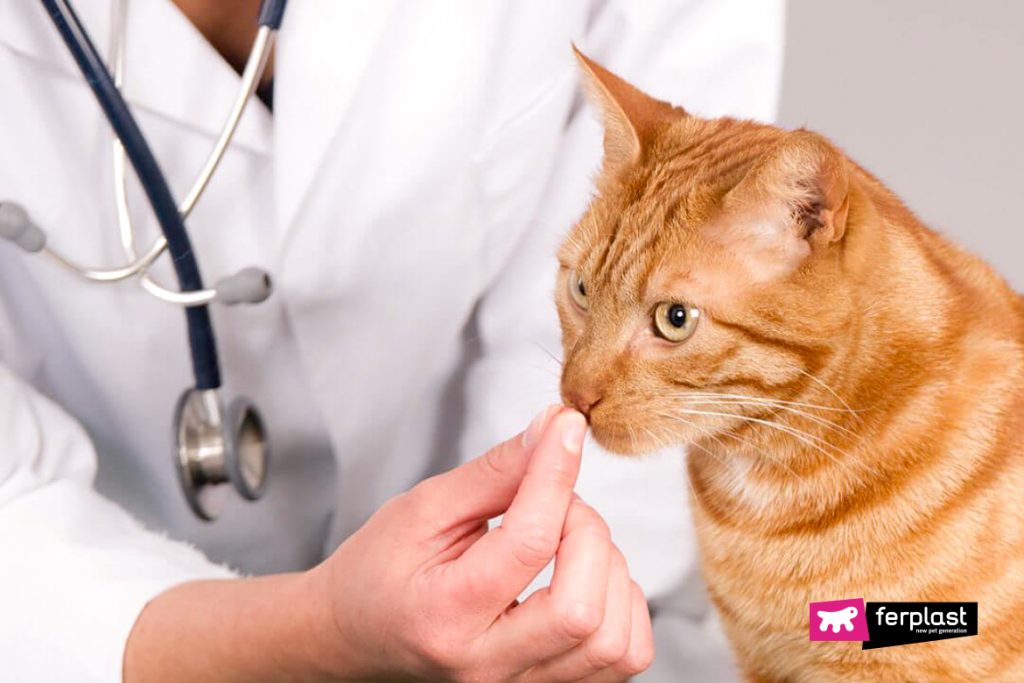Introduction
Deworming cats is a crucial aspect of animal health to combat parasitic worms in cats. Not only can worms affect the cat’s well-being, but they can also potentially cause diseases that can be transmitted to humans. In this article, we will discuss the topic of deworming cats in detail, the importance, methods, schedule and effects on the health of cats.
Why is deworming cats important?
Cat worming is crucial to controlling parasitic worms that can live in cats’ digestive tracts. These worms, including roundworms, hookworms and tapeworms, can not only affect the cat’s digestive system but can also lead to serious health problems. In addition, some of these worms pose a potential threat to human health.
Different types of worms in cats
Before we delve into cat deworming, it is important to understand what types of worms can affect cats. Roundworms, the most common type, are found in the cat’s intestines. Hookworms attach to the intestinal wall and can cause bleeding. Tapeworms consist of flat limbs and can be transmitted by fleas.
Symptoms of worm infestation in cats
Signs of worm infestation can vary, but some common symptoms include vomiting, diarrhea, weight loss, bloating, and the visible presence of worms in feces. In some cases, cats may also have a bloated stomach or have rough fur. If you suspect a worm infestation, you should consult a veterinarian immediately.
Methods of deworming cats

There are various methods of cat deworming, including spot-on preparations, tablets, pastes and injections. The choice of method depends on the cat owner’s preference and the cat’s willingness to cooperate. Spot-on preparations are often preferred because they are easy to use and offer high effectiveness.
Cat worming schedule
The cat deworming schedule depends on various factors, including the cat’s lifestyle, its health status and the environment. Kittens should be wormed more frequently in the first few weeks of life, and adult cats should be wormed regularly. Veterinarians can make specific recommendations based on individual needs.
Preventive measures against worm infestation
In addition to regular deworming, there are also preventative measures cat owners can take to reduce the risk of worm infestation. These include preventing fleas, cleaning the litter box regularly, using flea preventatives, and avoiding raw meat or untreated water.
The importance of veterinary advice
Before deworming cats, it is advisable to seek veterinary advice. Veterinarians can assess the cat’s specific needs, recommend the appropriate method of deworming, and ensure that other aspects of animal health are taken into account.
Possible side effects of deworming cats
Most dewormers are safe when used according to the veterinarian’s instructions. However, some cats may be sensitive to certain active ingredients. Possible side effects may include vomiting, diarrhea or allergic reactions. If you have any signs of side effects, you should consult a veterinarian immediately.
Deworming cat and children
Worm infestations in cats can also pose a risk to children, especially if they are in close contact with the cat. Regularly deworming your cat will help minimize this risk. Children should be reminded to wash their hands regularly, especially after playing with the cat or cleaning the litter box.
Experiences of cat owners with deworming cats
The opinions of cat owners who regularly deworm cats vary. Some report positive experiences and an improvement in their cats’ well-being, while others may have difficulty using certain methods. Sharing experiences can help cat owners find the best deworming method for their individual needs.
Safety measures when deworming cats
Although cat deworming is safe, some basic safety measures should be followed. Direct contact with the treated areas should be avoided and children should be careful after deworming to ensure there is no transfer of the product to their skin.
Conclusion
Cat deworming is an essential aspect of cat care to ensure the cat’s well-being and minimize the risk of worm infections. The choice of deworming method should be made in consultation with the veterinarian to ensure safety and effectiveness. Cat owners play a crucial role in maintaining the health of their furry friends while helping to minimize the risk of worm infections throughout the family.
FAQs
How often should I deworm my cat?
- The deworming schedule depends on various factors and can vary from person to person. Veterinary advice should be sought to determine an appropriate schedule.
Can I deworm my cat with home remedies?
- Home remedies may not be as effective as specialized dewormers. Veterinary advice should be sought before using home remedies.
Can worms be transmitted from cats to people?
- Yes, some worms that affect cats can be transmitted to humans. Regular deworming and hygienic measures minimize this risk.
What are the signs of worm infestation in cats?
- Signs may include vomiting, diarrhea, weight loss, bloating, and the visible presence of worms in the feces. If you suspect a worm infestation, you should consult a veterinarian immediately.
Can I breastfeed my cat while being dewormed?
- Veterinary advice should be sought in such cases to ensure that dewormers are safe for nursing cats.
